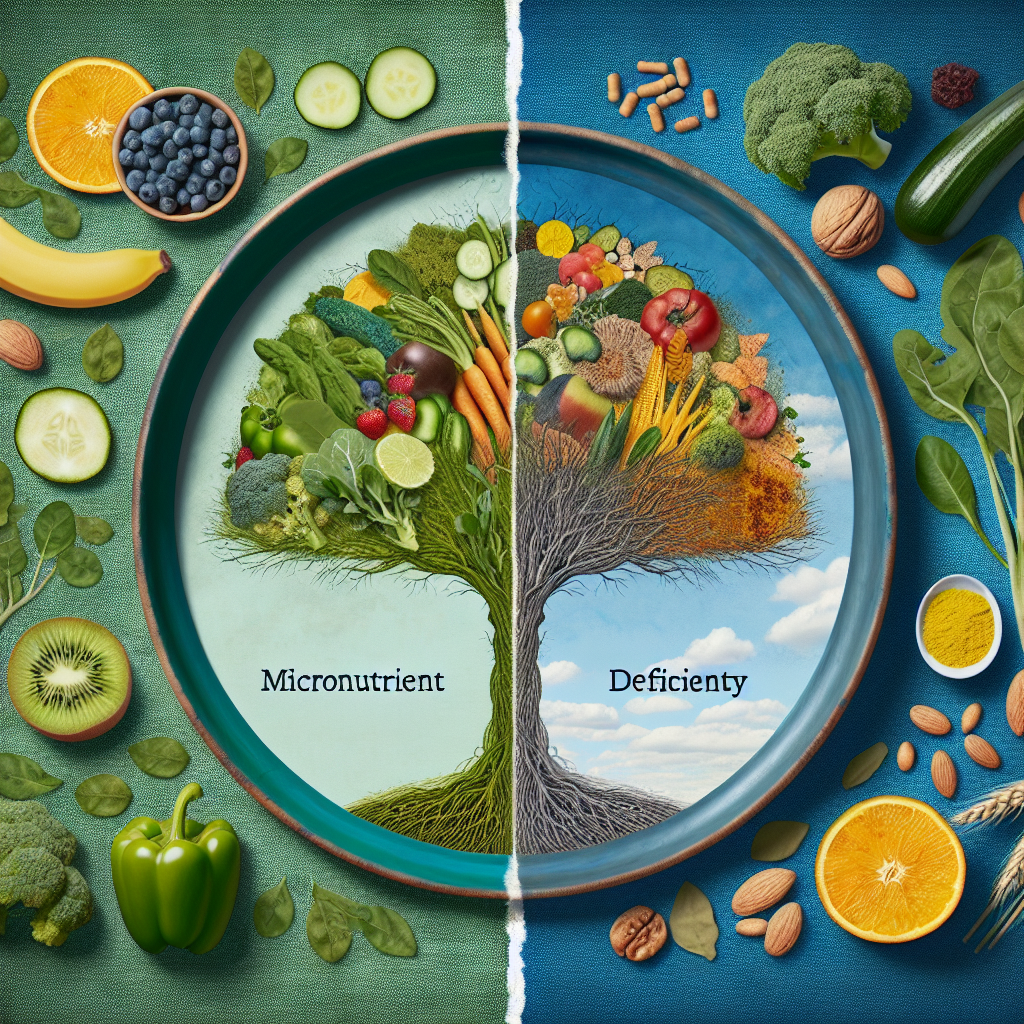Nutrient Dilution: The Hidden Threat to Plant-Based Diets
Climate change, through rising atmospheric carbon dioxide levels, is reducing the nutritional value of plants, impacting plant-feeding animals. This hidden challenge may lead to population declines and threatens ecosystems worldwide, underscoring the need for further research into nutrient dilution and its impact on food webs.

- Country:
- United States
Scientists warn that climate change is surreptitiously altering ecosystems by reducing the nutritional content of plant-based diets. With carbon dioxide levels rising, plants are growing faster but contain fewer nutrients, a phenomenon known as nutrient dilution. This subtle change poses a threat to biodiversity and the animals that depend on plants for sustenance.
Plant eaters, from insects to large mammals, are struggling to meet their dietary needs as nutritional value declines, potentially leading to population decreases. Species like giant pandas and certain insects are particularly vulnerable, while others may thrive, indicating complex ecological implications.
The impact extends beyond terrestrial ecosystems to oceans, where warming waters deplete vital nutrients in giant sea kelp. Researchers emphasize the importance of understanding nutrient dilution's role in species declines and broader ecological shifts, advocating for continued study of these subtle yet significant changes affecting life on Earth.
(With inputs from agencies.)










